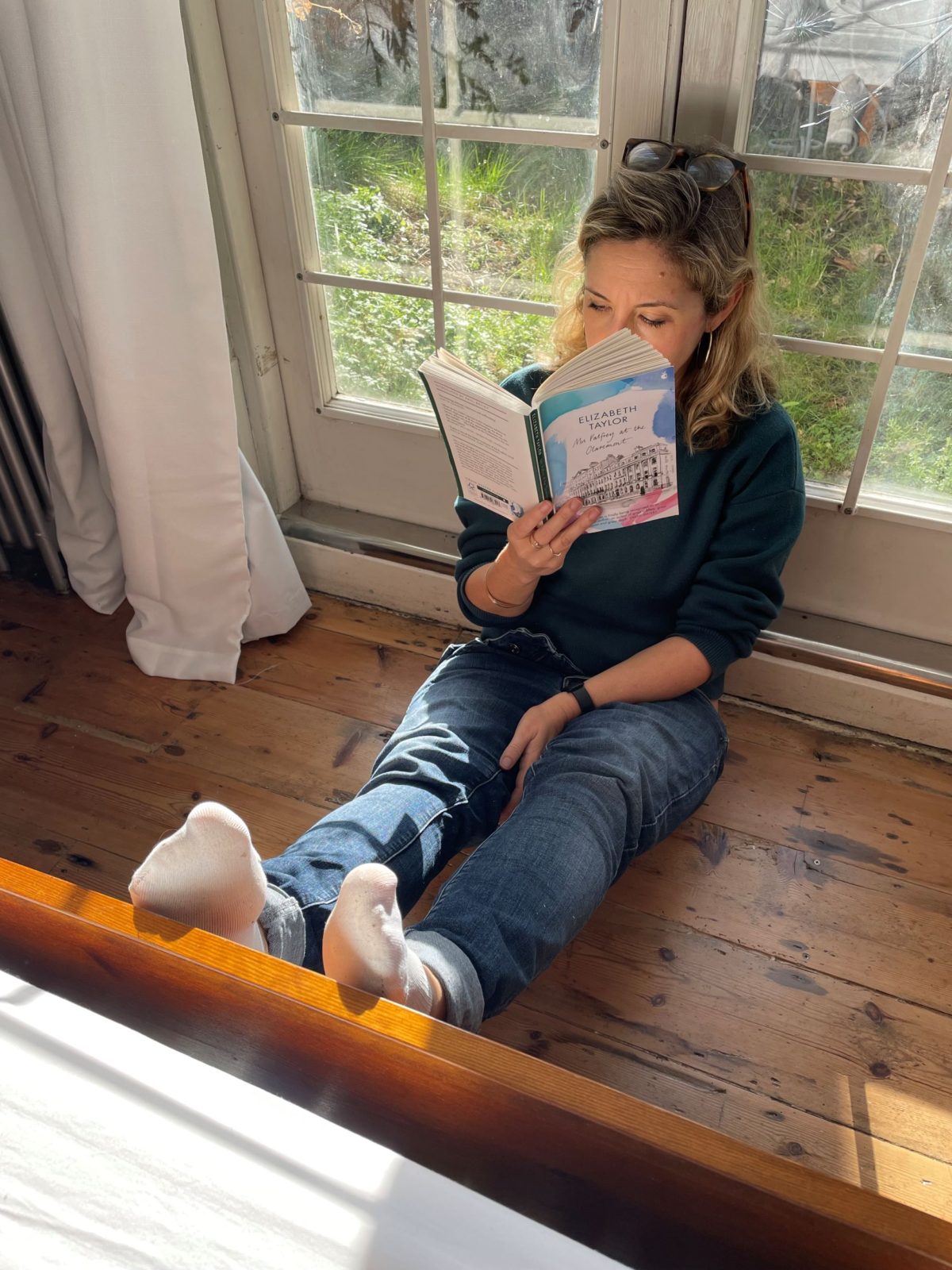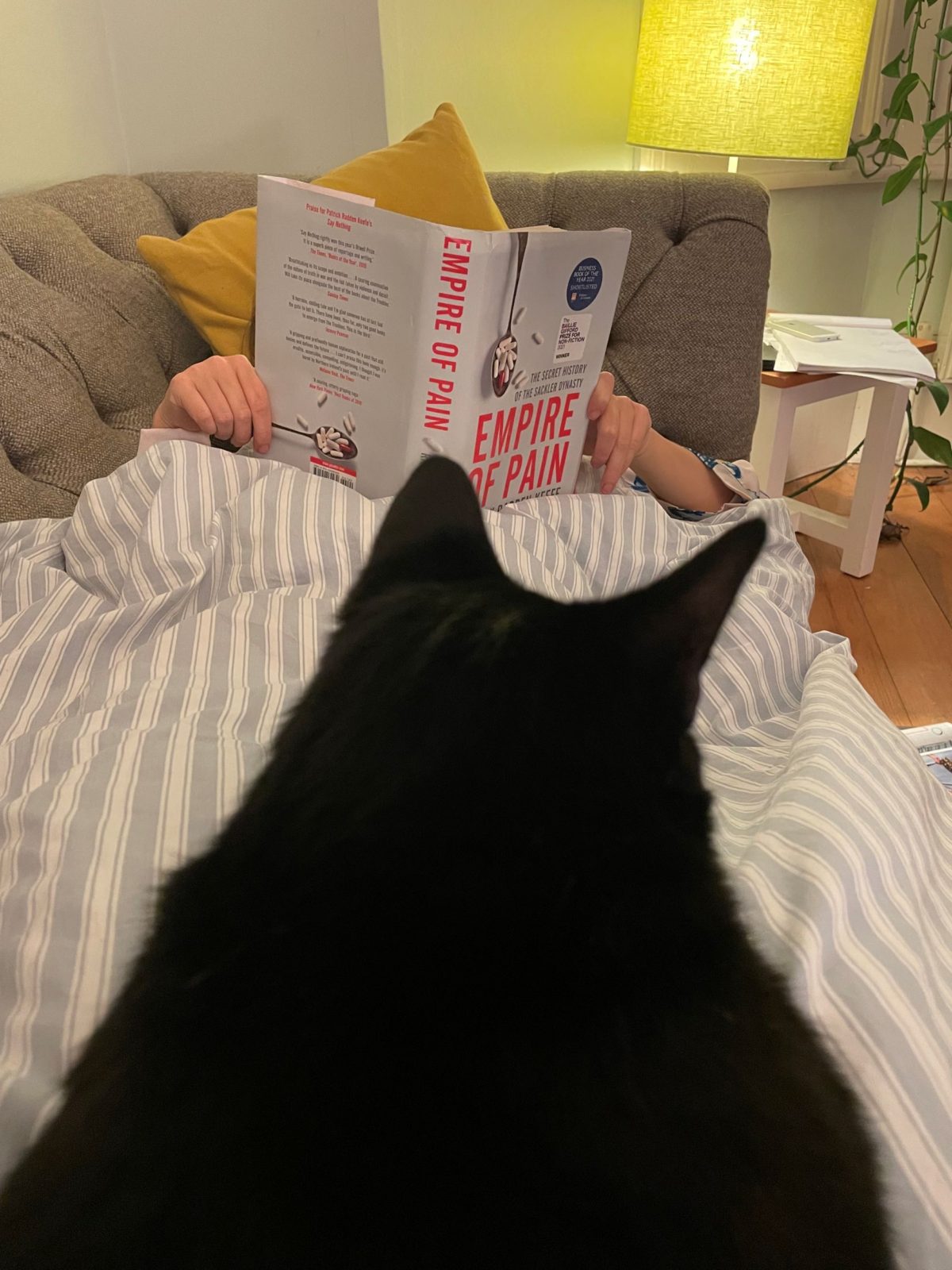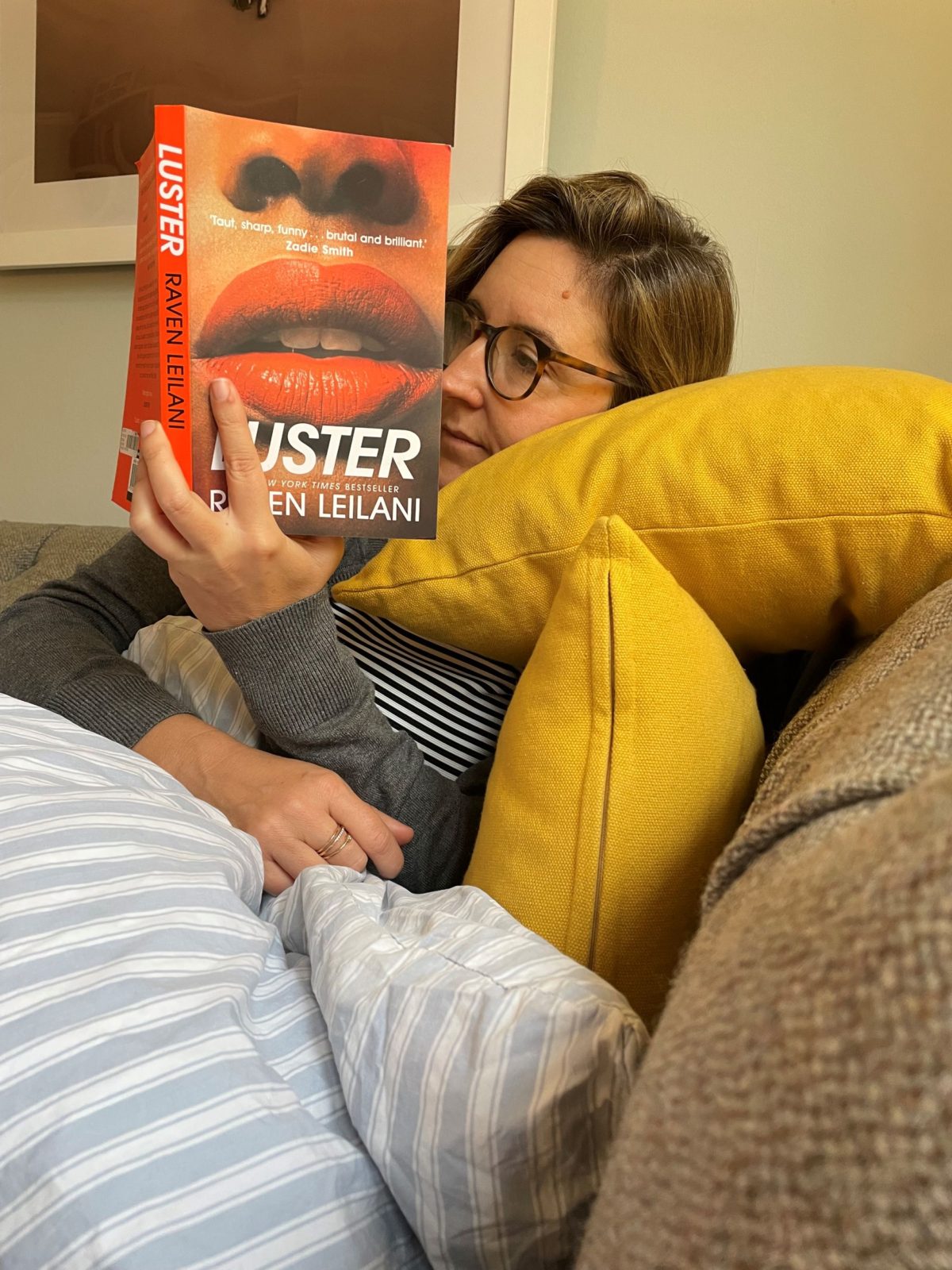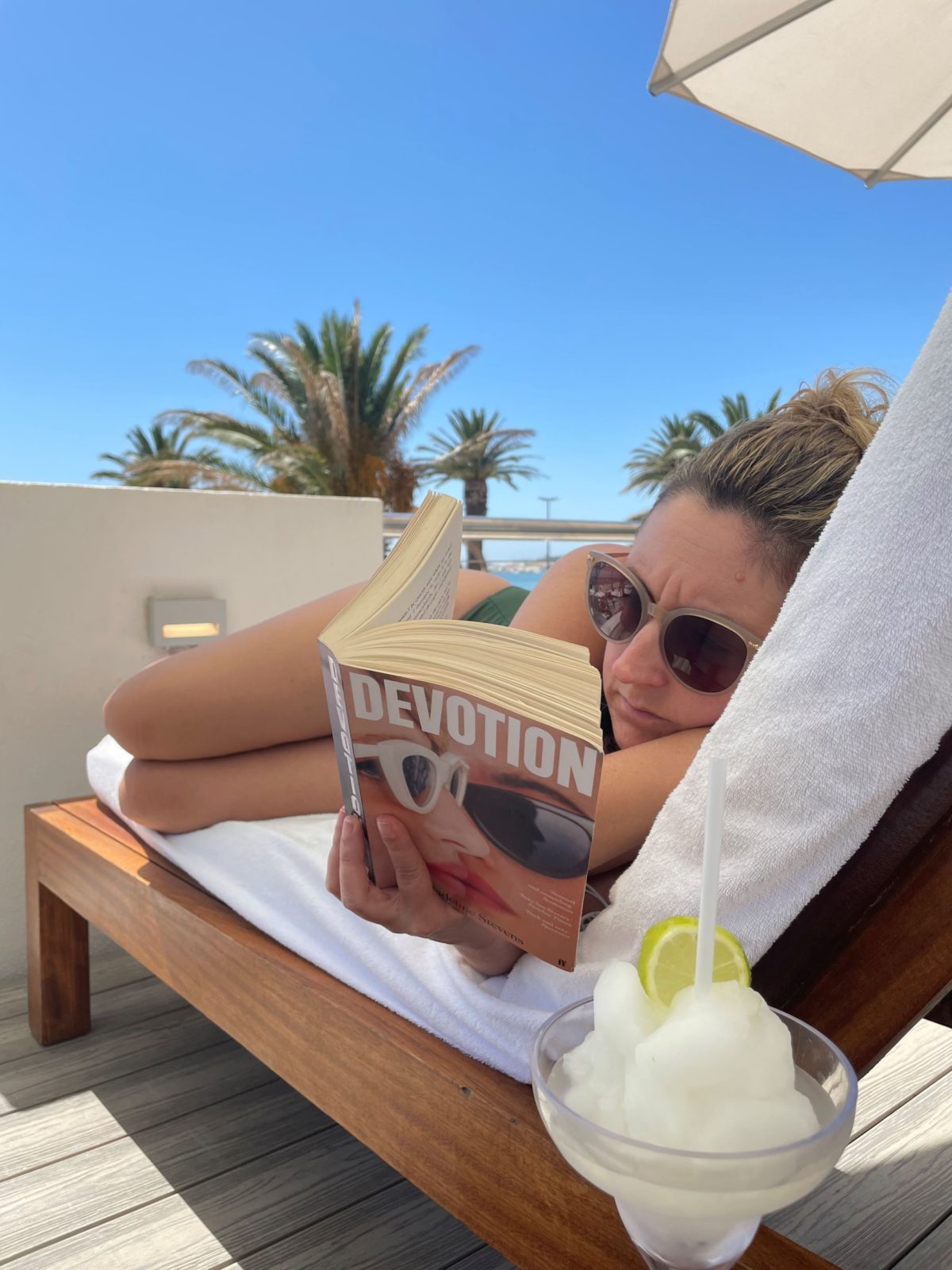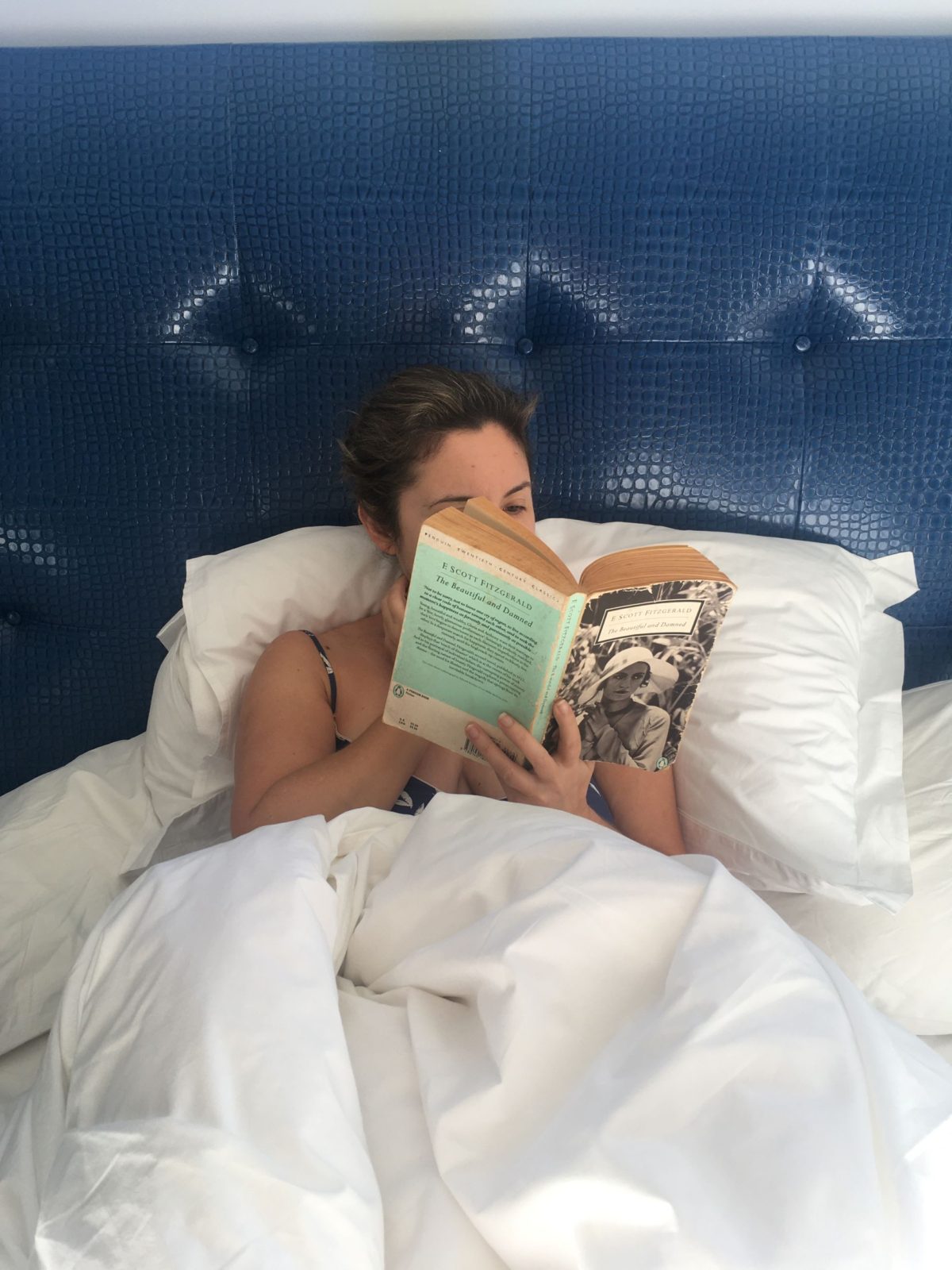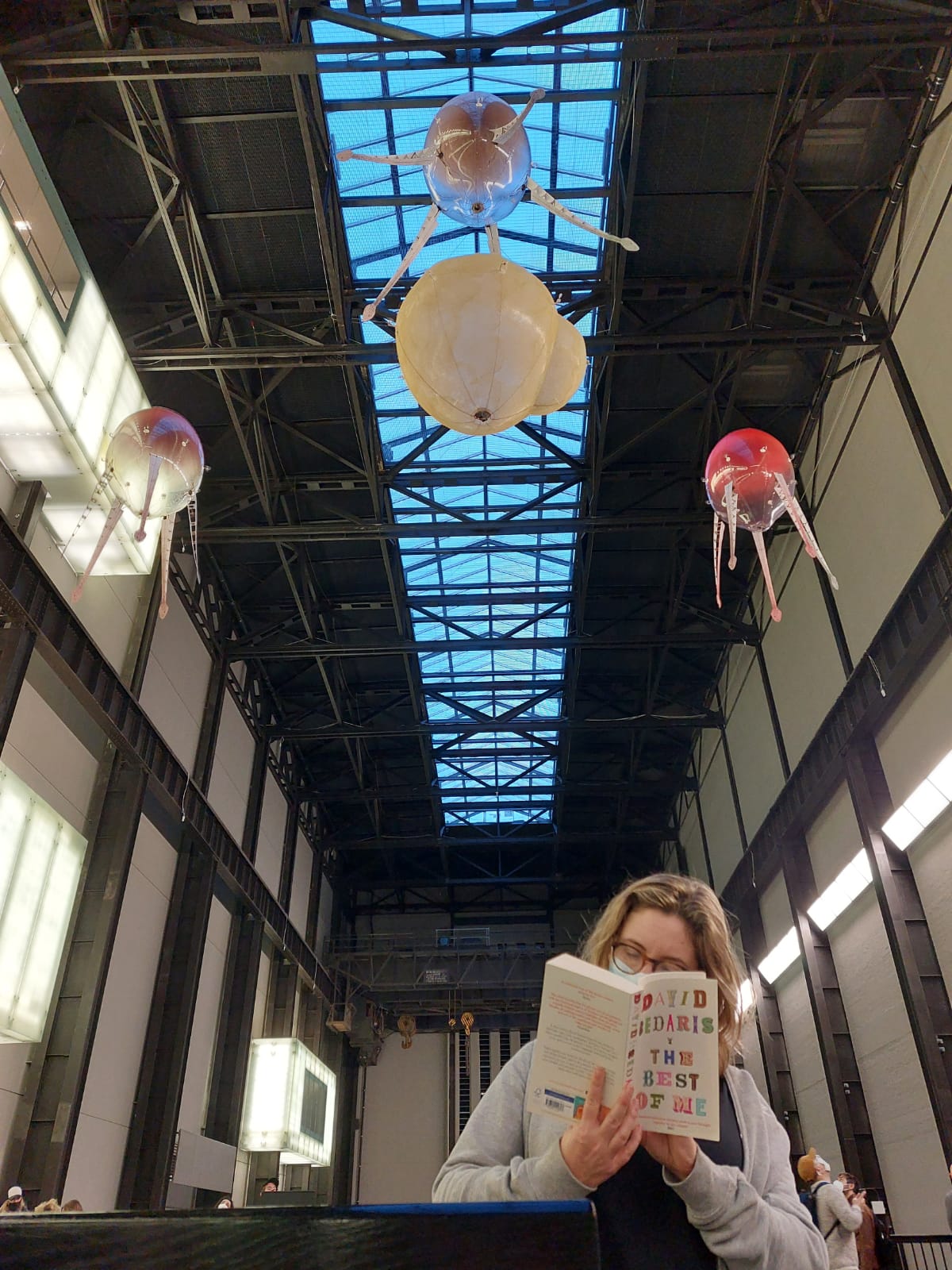Here is a scarring little book about what is required to survive old age. It tells the story of an elderly widow, Mrs Palfrey, who moves into a residential hotel. Some other old people live there also, and I got the impression that some fifty years ago, moving into such a hotel was quite common for older people who did not yet need nursing care. This is my second book by this author, Elizabeth Taylor, and I am amazed she is not more famous. She is wonderful at capturing the battles of daily life, and the struggle of keeping yourself in hand. Here is an older lady while they wait for dinner:
“Well, another Sunday nearly gone,” Mrs Post said quickly, to cover a little fart. She had presence of mind.
Hanging over the whole book is the loneliness of old age. I guess it makes sense: the older you get, the more likely you are to outlive the people you love. I have never seen described in quite so much detail what this is like. Then there is also of course what is waiting for you: after the hotel, the old age home, if you are lucky, and if not, then death. Here is Mrs Palfrey, answering when someone asks her if she thinks she is an optimistic person:
“Oh I think so.” She did not explain to him how deeply pessimistic one must be in the first place, to need the sort of optimism she now had at her command.
I’m sorry this is kind of a downer, but there you go. It is at the same time a fairly funny book. I’m not sure when I’ll recover.
Just as a sidebar, if you’ve ever read the dreadful IN A FREE STATE by VS Naipaul, you should know that it beat out MRS PALFREY to win the Booker Prize. This just tells you everything you need to know. Allow me to remind you of the time when VS Naipaul said he was better than any female writer, even Jane Austen. Apparently, the 75% male Booker panel of 1971 agreed. VOM.

